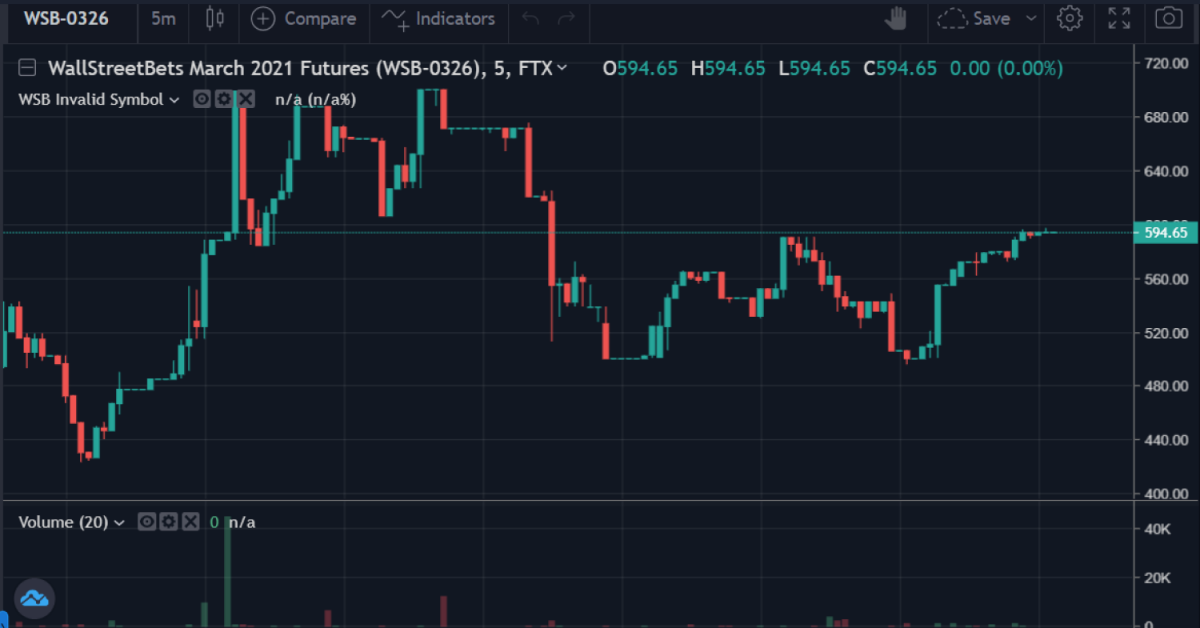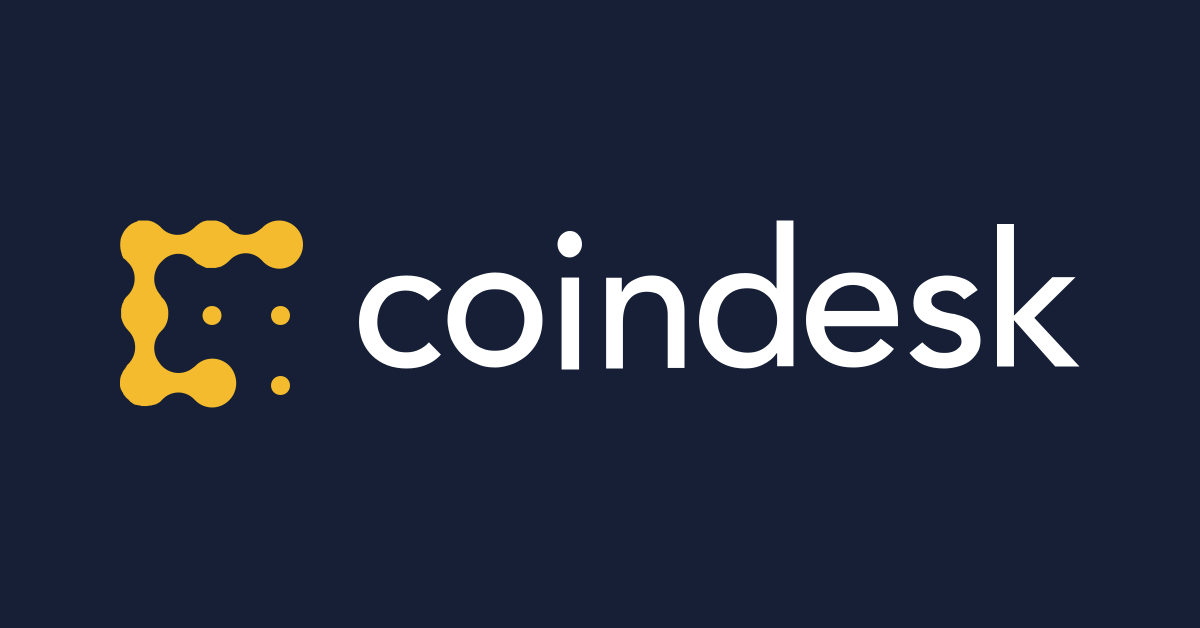Ethereum’s Holesky Testnet Fails To Launch, in Rare Tech Misstep for the Blockchain
Ethereum developers failed to get their new test network, Holesky, started on Friday, marring a technological milestone that was supposed to serve as a celebration of the first anniversary of last year’s historic “Merge” upgrade.
While some validators were able to manually start the test network, there was a misconfiguration in one of the genesis files of the network, according to Ethereum core developers.
As a result, Ethereum core developers decided to postpone the launch for about two weeks, giving them time to regroup.
The episode represents a rare gaffe for Ethereum, which over the past year has managed to smoothly implement key upgrades, including the “Merge” a year ago and “Shapella” in April, all the while incorporating rapid growth in its fast-expanding ecosystem of secondary networks known as layer-2 blockchains.
Ethereum is the second-largest blockchain after Bitcoin, but it’s closely watched because it’s the largest among those that can support smart contracts, which are strings of programming that can be embedded into the network to run functions and applications, similar to a computer.
Developers can still use Goerli
Test networks, or testnets, are clones of a blockchain, used to simulate transactions and test applications before they are deployed on a mainnet blockchain. Ethereum developers created the Holesky testnet to replace one of the blockchain’s current testnets, Goerli.
The Goerli testnet is still live, so developers can still test their applications on that network. Developers plan to sunset Goerli in early 2024.
Holesky is supposed to ease some scaling issues for Ethereum, as developers are intended to allow for twice as many validators to join the network compared to mainnet.
“It’s possible to resurrect the network with a fix, but we decided it’s probably cleaner to start fresh considering it’ll be a new network that’ll live for years,” said Parithosh Jayanthi, a devops engineer at the Ethereum Foundation.
Holesky is also supposed to be critical for Ethereum’s next hard fork, Dencun, in which proto-danksharding, a technical feature aimed at scaling the blockchain, is supposed to go live. Jayanthi told CoinDesk that the set back in Holesky’s launch is not supposed to affect the timing of Dencun. “This won’t affect Dencun at all,” he said.
Friday’s launch was supposed to mark the first anniversary of the “Merge,” Ethereum’s historic event where it became a “proof-of-stake” blockchain and swapped out its old, energy-intensive “proof-of-work” model.
Edited by Bradley Keoun.









